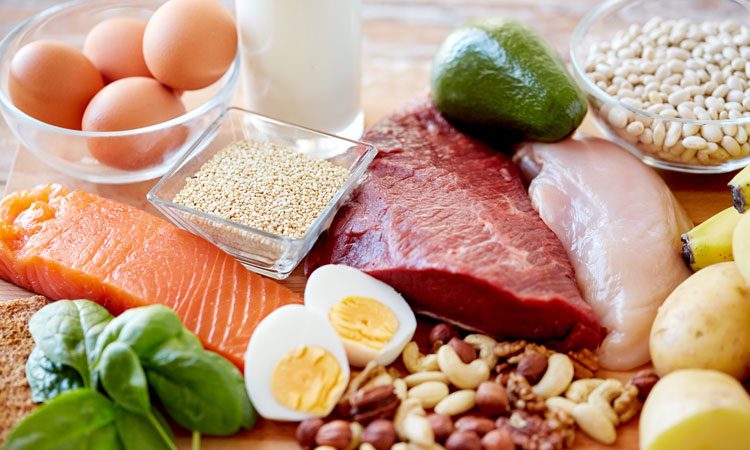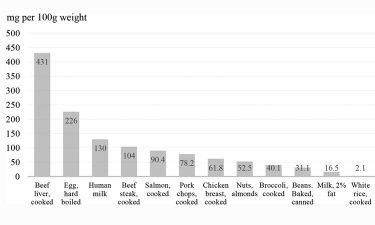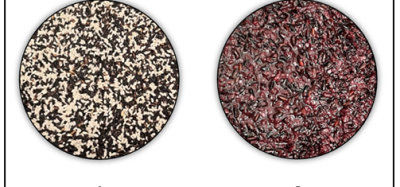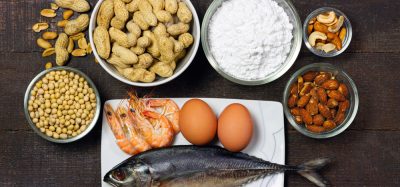Diet trends result in lack of essential nutrients in consumers
- Like
- Digg
- Del
- Tumblr
- VKontakte
- Buffer
- Love This
- Odnoklassniki
- Meneame
- Blogger
- Amazon
- Yahoo Mail
- Gmail
- AOL
- Newsvine
- HackerNews
- Evernote
- MySpace
- Mail.ru
- Viadeo
- Line
- Comments
- Yummly
- SMS
- Viber
- Telegram
- Subscribe
- Skype
- Facebook Messenger
- Kakao
- LiveJournal
- Yammer
- Edgar
- Fintel
- Mix
- Instapaper
- Copy Link
Posted: 18 September 2019 | Rachael Harper (New Food Magazine) | No comments yet
According to a new report, consumers do not have enough choline in their diet which is a vital source for essential nutrients.


A new report has stated that the growing popularity of plant-based and vegan diet trends is worsening an already low intake of choline in consumer diets, which is a vital source of essential nutrients.
The report, by Dr Emma Derbyshire from Nutritional Insight, explains that “choline is an ‘essential’ nutrient for humans; and similar to omega-3 fatty acids, as the amount produced endogenously (in the liver) is not sufficient to meet human requirements, it, therefore, needs to be obtained from dietary and supplement sources.”
Choline deficiency has been linked to a number of health problems, the report continues, including liver disease, offspring cognitive function and potential neurological disorders. The nutrients derived from choline is particularly important during pregnancy as it modifies brain and spinal cord structure and a lack of these nutrients could result in the risk of lifelong memory function in children.


Different food sources providing choline. Values are for total choline, the sum of individual choline forms. Source: data extracted from Wiedeman et al (2018).
However, in the UK, choline is not yet included in food composition databases, main nutrition surveys or official recommendations, the report continues. “Given the important physiological roles of choline and authorisation of certain health claims it is questionable why choline has been overlooked for so long in the UK,” the report says.
Research has shown that on average, consumers in general have a below Adequate Intake of choline (the source of which is found in food such as beef, eggs, fish, chicken, nuts, milk and certain plant foods such as cruciferous broccoli), the report continues. This could be because of the growing popularity of meat reduction and plant-based diets.
“Restricted intakes of whole milk, eggs and animal protein could impact on choline intakes and status,” the report says.
Given the acceleration of these dietary trends, their impact on choline intakes is a crucial area worthy of consideration and further study.”
The report stresses that more needs to be done to educate health care professionals and consumers about the importance of a choline-rich diet and that ongoing nutrition research must study long-term intakes of choline.
“The mounting evidence of choline’s importance makes it essential that it does not continue to be overlooked in the UK,” the report concludes. “This is now more important than ever given that accelerated food trends towards plant-based diets/veganism could have further ramifications on choline intake/status.
“Government bodies and organisations should look to extended datasets to include this essential nutrient.”
Related topics
Health & Nutrition, Plant based, Research & development, The consumer








